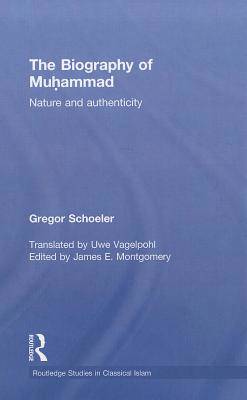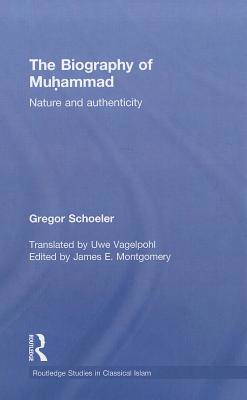
- Retrait gratuit dans votre magasin Club
- 7.000.000 titres dans notre catalogue
- Payer en toute sécurité
- Toujours un magasin près de chez vous
- Retrait gratuit dans votre magasin Club
- 7.000.000 titres dans notre catalogue
- Payer en toute sécurité
- Toujours un magasin près de chez vous
The Biography of Muhammad
Nature and Authenticity: Routledge Studies in Classical Islam, Volume 1
Gregor SchoelerDescription
This book considers the Arabic biographies of Prophet Muhammad, the earliest of which dates from two centuries after his life. These biographies, prized by Muslims, have been approached in the Western study of Islam from a range of positions. Some scholars reject them entirely, seeing in them products of the Muslim community's idealisation of its history, while others accept them at face value, reasoning that, if not exact versions of events, the events could not have differed too much from their descriptions.
The author revisits the debate and reconsiders several key incidents in the life of the Prophet. By compiling an extensive corpus of materials and comparing them closely, this book analyses the transmission and the contents of the accounts. It shows that by understanding clearly the interaction in early Islam between written and oral modes of transmission, and by the judicious sieving of the accounts, as well as the lines of transmission, we can sometimes reach back to that generation of Muslims who though not themselves witness to the events were younger contemporaries of those who were. Establishing a solid basis for the informed study of Muhammad's biography and adding to the ongoing debate, this book will appeal to scholars of early Islam, history and theology.
Spécifications
Parties prenantes
- Auteur(s) :
- Editeur:
Contenu
- Nombre de pages :
- 216
- Langue:
- Anglais
- Collection :
Caractéristiques
- EAN:
- 9780415567176
- Date de parution :
- 06-10-10
- Format:
- Livre relié
- Format numérique:
- Ongenaaid / garenloos gebonden
- Dimensions :
- 155 mm x 234 mm
- Poids :
- 476 g







